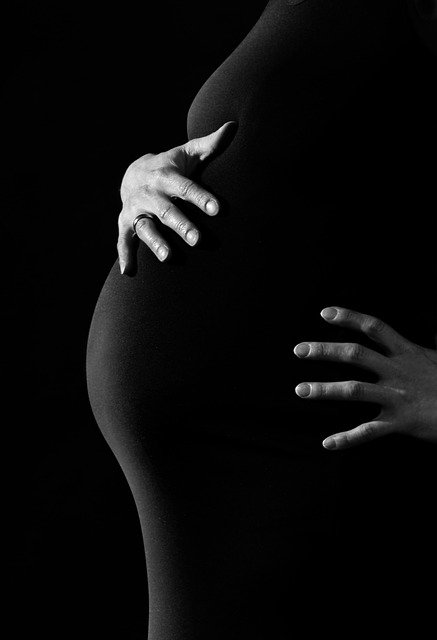Pregnancy In The Workplace

Expecting a child is a life-changing experience that comes with lots of excitement, anxieties and stresses in a mother’s life. For a working mother, the anxiety is amplified when one recognizes that the changes will also affect their co-workers, the boss and other people around. Not everyone will share in the happiness. Some will feel resentful and burdened by the impending changes one will bring. One will also need to start planning for the maternity leave. It’s therefore pertinent that one take the remaining nine months to prepare sufficiently by learning as much as they can about the rights as a pregnant employee. This research will hugely pay off in case one ends up having complications, or needing extra time off. One needs to know the steps to take when facing pregnancy discrimination.
Pregnancy Discrimination
Pregnancy discrimination refers to side-lining a pregnant woman by unfair treatment because she is expectant or planning to be expectant. The discrimination may come in form of
- Being passed over for a raise or promotion,
- Being fired for announcing they are pregnant or even
- Complaining about being mistreated when they are pregnant. The mistreatment may also continue for a while after her child is born.
Many employers have done a lot to appear more welcoming to women but some who believe that pregnant women are less committed, still engage in discrimination.
State and Federal Laws

Expectant mothers are protected by two laws. The Pregnancy Discrimination Act (PDA) protects expectant mothers from discrimination by their employers. According to the law, expectant women should be treated as favorably as other workers who are temporarily unable to perform their duties because of conditions other than pregnancy. This means that although pregnancy is not a disability, it is treated as a temporary disability. In fact, because of back pains, morning sickness or risk of injury, an expectant mother might also receive protection under the Americans with Disabilities Acts (ADA).Under the PDA, expectant mothers may continue to work if they are not restricted by their condition. Pregnant women are entitled to some time off for any doctor-prescribed bed rest, severe morning sickness, and recovery after a normal childbirth or C-section.
The second law, the Family and Medical Leave Act also protects expectant women, by stating that large-sized employers must provide unpaid leave for pregnancy and bonding with the child. Other acts include the Pregnant Workers Fairness Act (PWFA) which was introduced in congress in 2017. It addresses the lack of protection for women in the workforce with pregnancy-related restrictions. Other states might have additional rights.
Employment Attorneys
If you feel you have been a target of discrimination at work, or have been harmed by wage/hour violations, talk to an employment attorney Newark New Jersey. They are professionals at workplace legal matters whether it involves a discriminated employee or employers facing wrongful termination/discrimination claims. Employees whose rights have been violated can be assisted in recovering their compensation. Additionally, many employers who are facing lawsuits from their employees need proper legal counsel and guidance on navigating the state and federal employment laws. Both parties should get in touch with an employment attorney Newark New Jersey.
